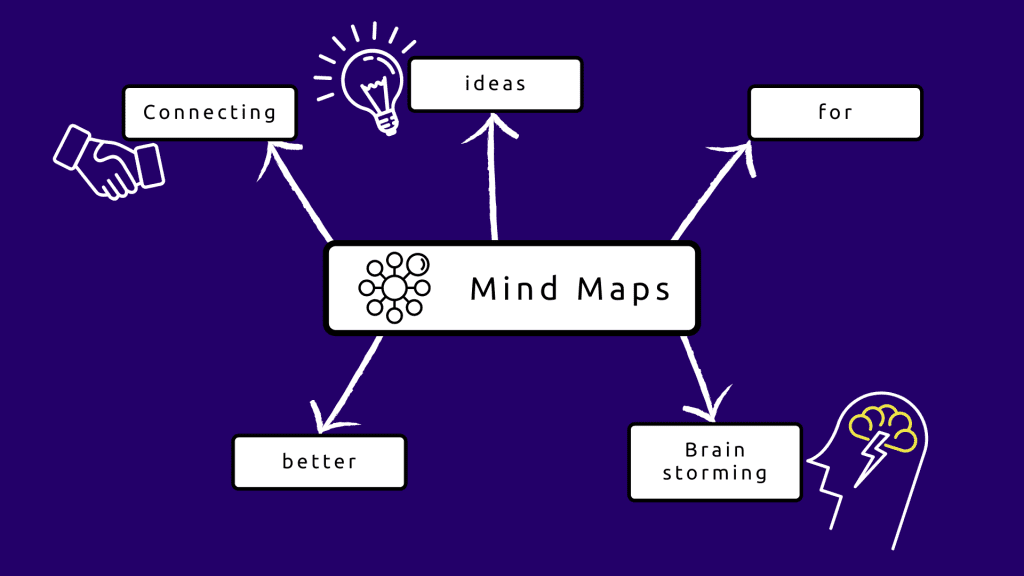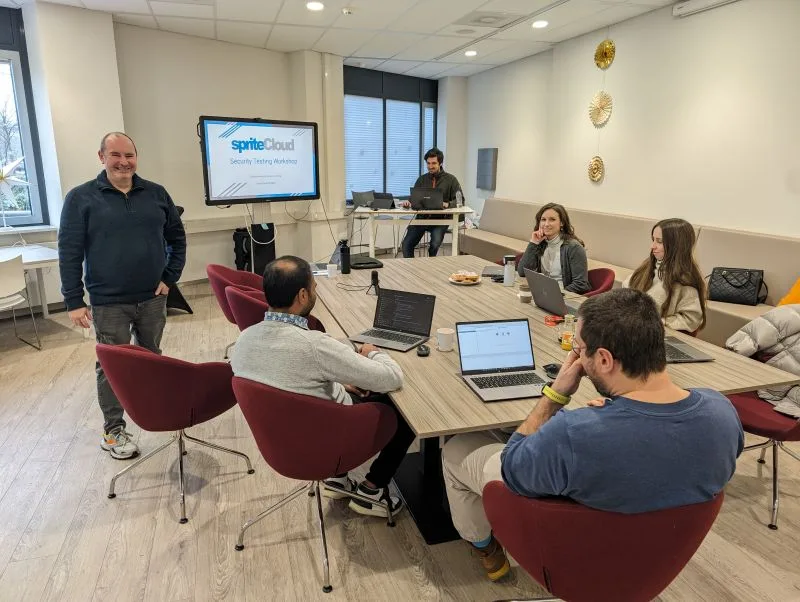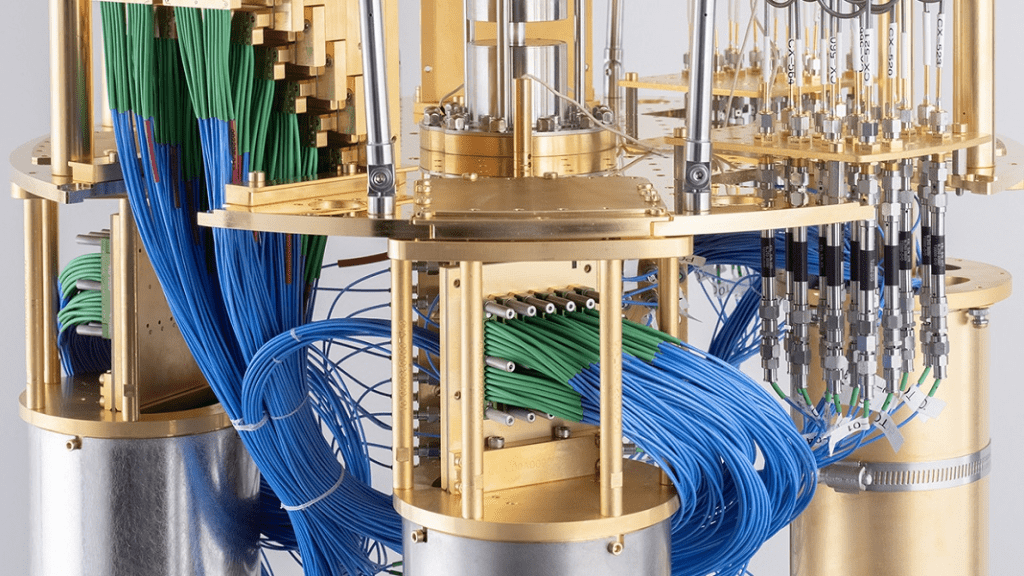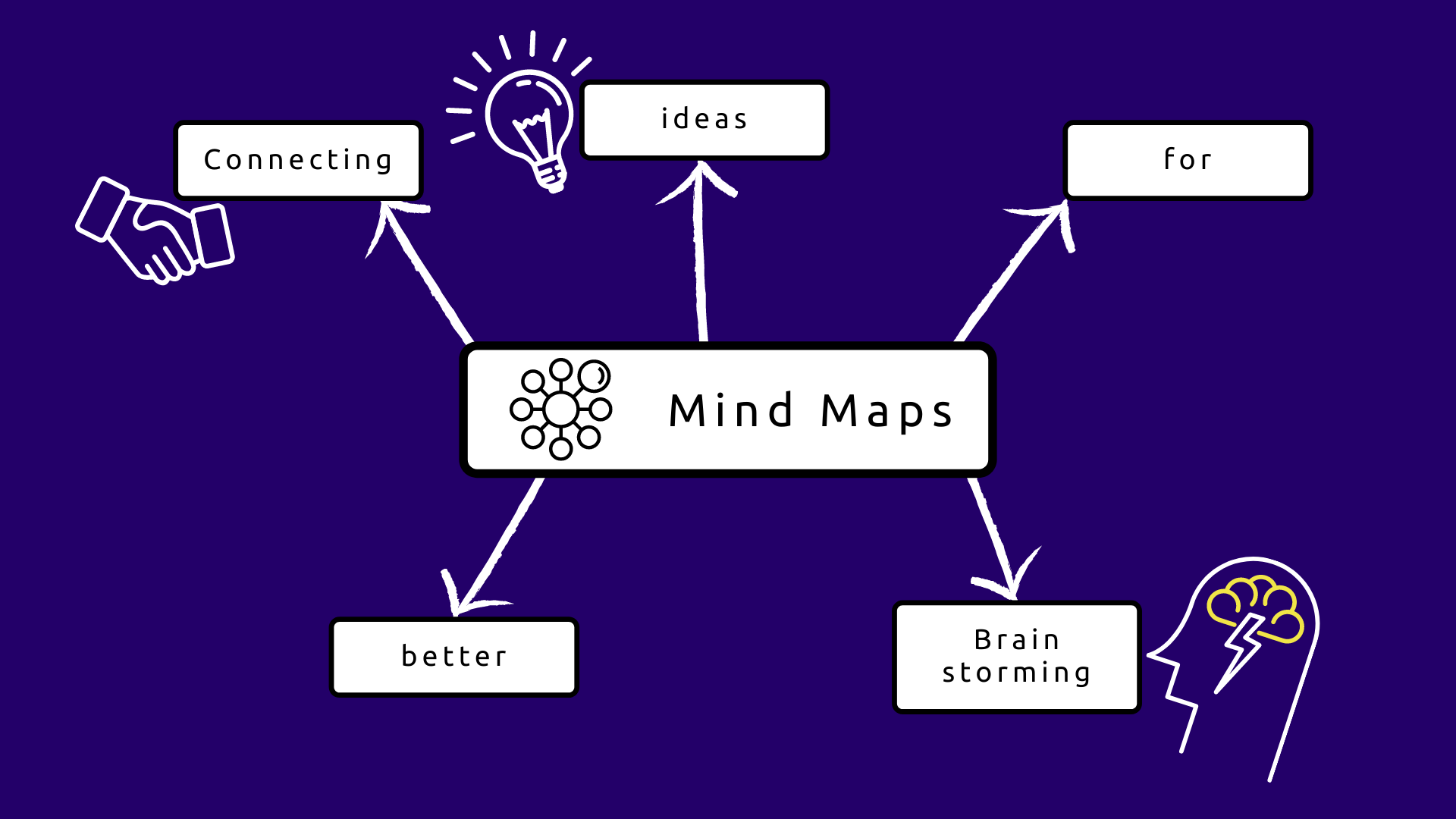Introduction
In the ever-evolving landscape of software development, testing plays a pivotal role. But what if I told you that the future of software testing is on the brink of a revolution? Buckle up, because we’re about to unveil the startling secrets that could reshape the way we approach testing. From cutting-edge techniques to mind-bending innovations, this article will leave you questioning everything you thought you knew about software testing.

Table of Contents
The Rise of AI-Powered Testing
Machine Learning Test Automation
Traditional test automation has its limitations. Enter AI-powered test automation. Imagine a world where software learns from its own testing experiences, adapts, and optimizes test scenarios. Machine learning algorithms can analyze vast amounts of data, identify patterns, and predict potential issues. The result? Faster, more efficient testing that keeps pace with rapid development cycles.

Autonomous Test Case Generation
Say goodbye to manual test case creation. AI algorithms can now generate test cases autonomously. By analyzing code, requirements, and historical data, these algorithms create comprehensive test scenarios. The best part? They adapt as the software evolves, ensuring thorough coverage without human intervention.
Quantum Testing: Beyond Binary
Quantum Computing and Testing
Quantum computing is no longer science fiction-it’s a reality. As quantum computers become more accessible, so does the need for quantum testing. Traditional binary testing won’t cut it in this realm. Quantum software behaves differently, and our testing methodologies must evolve accordingly. Brace yourself for a paradigm shift.

Uncertainty Testing
Quantum mechanics thrives on uncertainty. Similarly, quantum software introduces uncertainty into testing. Testers must grapple with probabilistic outcomes, superposition states, and entanglement. It’s a wild ride, but mastering uncertainty testing will be essential for the software testers of tomorrow.
The Ethical Dilemmas of AI Testing

Bias and Fairness
AI algorithms inherit biases from their training data. When these biases seep into testing, the consequences can be dire. Imagine biased test results affecting critical decisions. As AI takes center stage in testing, addressing bias and ensuring fairness becomes paramount. For more information, so please visit this link. https://letsflytogather.com/software-ethics-revealed/
Accountability and Transparency
Who’s responsible when an AI-powered test fails? The developer? The tester? The AI itself? As AI testing becomes widespread, establishing accountability and transparency frameworks is crucial. We’re entering uncharted territory, and ethical guidelines are our compass.
The Human Element: Emotional Testing
Emotion-Driven Testing
Software doesn’t just run on code; it runs on emotions. User experience hinges on feelings-joy, frustration, surprise. Emotion-driven testing evaluates how software impacts users emotionally. Are we ready for a world where software feels?
Empathy Testing
Testers must step into users’ shoes. Empathy testing gauges software’s impact beyond functionality. How does it make users feel? Does it spark joy or frustration? By understanding emotions, testers can enhance user satisfaction.
Conclusion
The future of software testing is a thrilling rollercoaster. From AI-powered automation to quantum uncertainty, ethical dilemmas, and emotional testing, we’re hurtling toward uncharted territory. Brace yourself, dear reader, for a mind-blowing journey. The secrets are out-don’t miss your ticket to the revolution! For more information, so please explore following topics. thecodersguild.org.uk.
Here are some resources to further explore the mind-blowing world of software testing:
- AI-Powered Testing: Dive into the fascinating realm of AI-driven testing. Learn how machine learning algorithms are revolutionizing test automation.
- Quantum Computing and Testing: Explore the intersection of quantum computing and software testing. Discover why traditional binary testing won’t cut it in this new era.
- Ethical Considerations in AI Testing: Delve into the ethical dilemmas posed by AI testing. Understand the importance of addressing bias, fairness, and accountability.
- Emotion-Driven Testing: Uncover the emotional side of software testing. Learn how user experience and feelings intersect in the testing process.
Remember, the future of software testing is a thrilling journey. These resources will provide deeper insights into the shocking truths and revolutionary secrets that await!
FAQs: The Future of Software Testing Unveiled
What is AI-powered testing, and how does it differ from traditional methods?
AI-powered testing utilizes machine learning algorithms to automate test processes, analyze data, and generate test cases autonomously. Unlike traditional methods, AI-powered testing can adapt and optimize test scenarios based on evolving software needs.
How does quantum testing differ from traditional binary testing?
Quantum testing is necessary for software designed to run on quantum computers. Unlike traditional binary testing, quantum testing accounts for the unique behavior of quantum software, including probabilistic outcomes and superposition states.
What ethical concerns arise with AI testing, and how can they be addressed?
Ethical concerns in AI testing include bias, fairness, accountability, and transparency. Addressing these concerns requires implementing frameworks to mitigate bias, establish accountability, and ensure transparency in AI testing processes.
What is emotion-driven testing, and why is it important?
Emotion-driven testing evaluates how software impacts users emotionally, beyond functionality. Understanding user emotions is crucial for enhancing user satisfaction and delivering a positive user experience.
How can testers prepare for the future of software testing?
Testers can prepare for the future of software testing by embracing AI-powered automation, familiarizing themselves with quantum testing principles, addressing ethical considerations, and incorporating emotion-driven testing into their methodologies.

